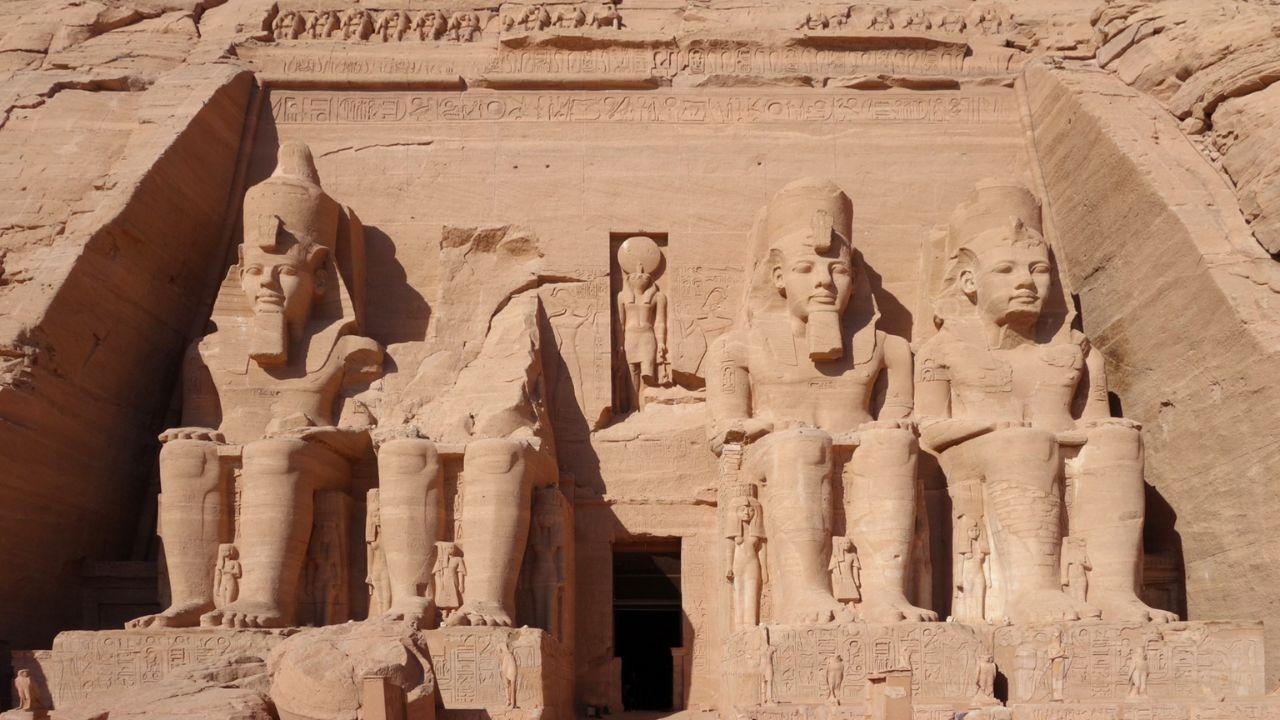
Post by: Vansh Kumar
Throughout history, the rise and fall of dynasties have shaped the course of civilizations, leaving lasting impacts on culture, governance, and societal structures. Dynasties have always been synonymous with power, wealth, and control. Yet, their stories are often marked by dramatic power struggles that lead to their ascension or ultimate decline. This article delves into the fascinating world of dynasties, exploring the intricate power struggles that defined their legacies.
A dynasty refers to a sequence of rulers from the same family, typically over several generations. Dynasties have played pivotal roles in history, acting as the backbone of empires and the creators of lasting legacies. From the Pharaohs of ancient Egypt to the Ming Dynasty in China, these ruling families not only governed but also influenced art, science, and societal norms. However, behind their grandeur lies a recurring theme—power struggles. These internal and external conflicts often determined the fate of a dynasty, highlighting the fragility of power and the forces that can disrupt it.
The rise of a dynasty is often rooted in ambition, strategic alliances, and military prowess. For instance, the Romanov Dynasty in Russia rose to power through strategic marriages and political maneuvering. Similarly, the Mughal Empire in India flourished under the leadership of visionaries like Babur and Akbar, who combined military strength with administrative acumen. These dynasties understood that consolidating power required not just force but also diplomacy and cultural integration. The ability to unite diverse groups under a common identity was key to their rise and initial success.
While external threats often loomed large, it was internal power struggles that sowed the seeds of many dynasties' declines. Succession disputes, betrayal, and corruption weakened the very foundation of these ruling families. Take, for example, the Ottoman Empire. Despite its initial grandeur, internal conflicts over succession—often involving fratricide—created instability. Similarly, the fall of the Qing Dynasty in China was accelerated by internal dissent and an inability to adapt to modern challenges. These power struggles exposed the vulnerability of dynasties, showing how internal discord could outweigh external threats.
External forces also played a significant role in the decline of dynasties. Wars, invasions, and revolutions often toppled even the most powerful ruling families. The French Revolution, for instance, marked the dramatic fall of the Bourbon Dynasty, symbolizing the end of absolute monarchy in France. Similarly, the collapse of the Roman Empire was hastened by barbarian invasions and economic pressures. These external challenges often exploited the weaknesses already present within a dynasty, making their fall inevitable.
The stories of dynasties offer valuable lessons about leadership, governance, and the dynamics of power. One recurring theme is the importance of adaptability. Dynasties that failed to evolve with changing times—whether in technology, governance, or cultural norms—often faced decline. For example, the inability of the Qing Dynasty to modernize left it vulnerable to external forces and internal unrest. On the other hand, dynasties like the Tokugawa Shogunate in Japan managed to maintain stability for over two centuries by effectively balancing tradition and innovation.
Even in today’s world, the concept of dynasties persists, albeit in different forms. Political families, business empires, and cultural legacies carry the essence of dynastic rule. The Kennedys in the United States or the Nehru-Gandhi family in India are examples of modern dynastic influences. While the nature of power has evolved, the core dynamics of ambition, strategy, and conflict remain relevant, offering parallels to the historical rise and fall of dynasties.
The article The Rise and Fall of Dynasties A Look at Power Struggles in History delves into the fascinating dynamics of historical dynasties. It explores how ambition, strategy, and adaptability led to the rise of powerful ruling families like the Romanovs, Mughals, and Pharaohs. Internal conflicts, succession disputes, and external forces such as wars and revolutions often contributed to their decline. The article also highlights the lessons we can learn from these stories, including the importance of adaptability in governance. It draws parallels to modern forms of dynasties, such as political families and business empires, showing that the dynamics of power remain timeless.
This article is published by DXB News Network for informational purposes only. The views and interpretations expressed in the article are based on historical accounts and research. While every effort has been made to ensure accuracy, readers are encouraged to verify facts independently. DXB News Network is not responsible for any errors or omissions in the content.
#trending #latest #DynastiesInHistory #PowerStruggles #RiseAndFall #HistoricalLessons #LeadershipThroughTime #AncientEmpires #ModernDynasties #HistoryUnveiled #LegacyOfRulers #HistoricalInsights #breakingnews #worldnews #headlines #topstories #globalUpdate #dxbnewsnetwork #dxbnews #dxbdnn #dxbnewsnetworkdnn #bestnewschanneldubai #bestnewschannelUAE #bestnewschannelabudhabi #bestnewschannelajman #bestnewschannelofdubai #popularnewschanneldubai

Despite legal concerns, Trump's order keeps TikTok running, and no one is challenging it. Here’s why....Read More.

Fawad Khan makes his Bollywood comeback in Abir Gulaal with Vaani Kapoor. The romantic drama releases on May 9, 2025. Watch the teaser now...Read More.














UAE Wins 16 Medals at Special Olympics World Winter Games 2025
UAE athletes shine at Special Olympics Winter Games 2025, winning 16 medals. A proud moment for incl

Meta’s AI Research Head Joelle Pineau to Step Down in May
Joelle Pineau, Meta’s VP for AI research, will step down in May after 8 years. She led Meta’s open-s

Real Madrid Edge Real Sociedad in 4-4 Thriller to Reach Final
Real Madrid fought back from 4-2 down to draw 4-4 with Real Sociedad sealing a 5-4 aggregate win. Ru

Nottingham Forest Near Champions League After Elanga’s Goal
Anthony Elanga’s stunning solo goal secured Nottingham Forest’s 1-0 win over Man United, pushing the

Ananya Panday Shines at IPL 2025 with Stunning Dance Performance
Bollywood star Ananya Panday dazzled the crowd at Wankhede Stadium with her energetic dance before M